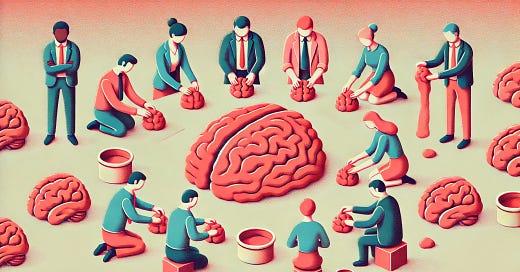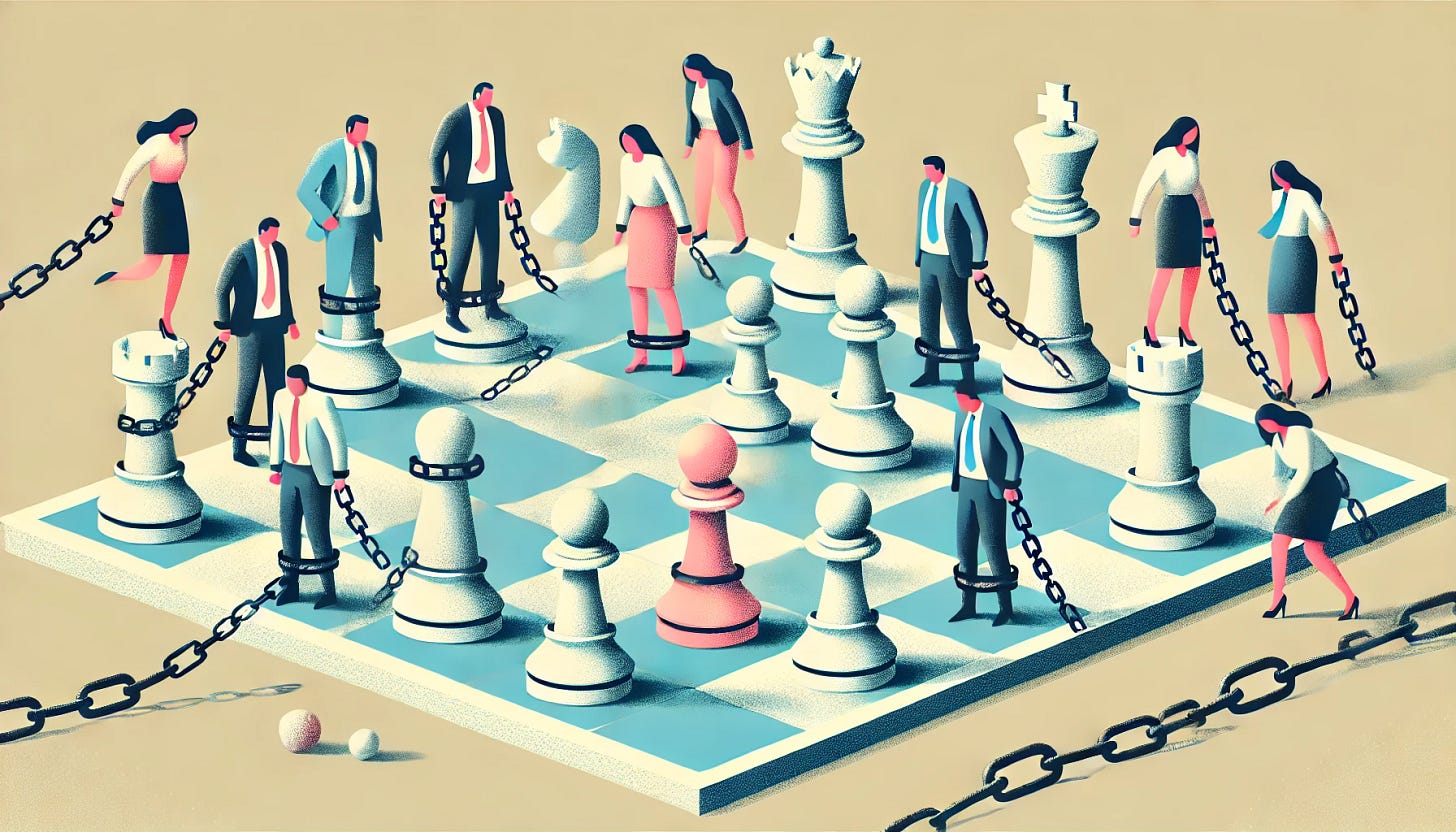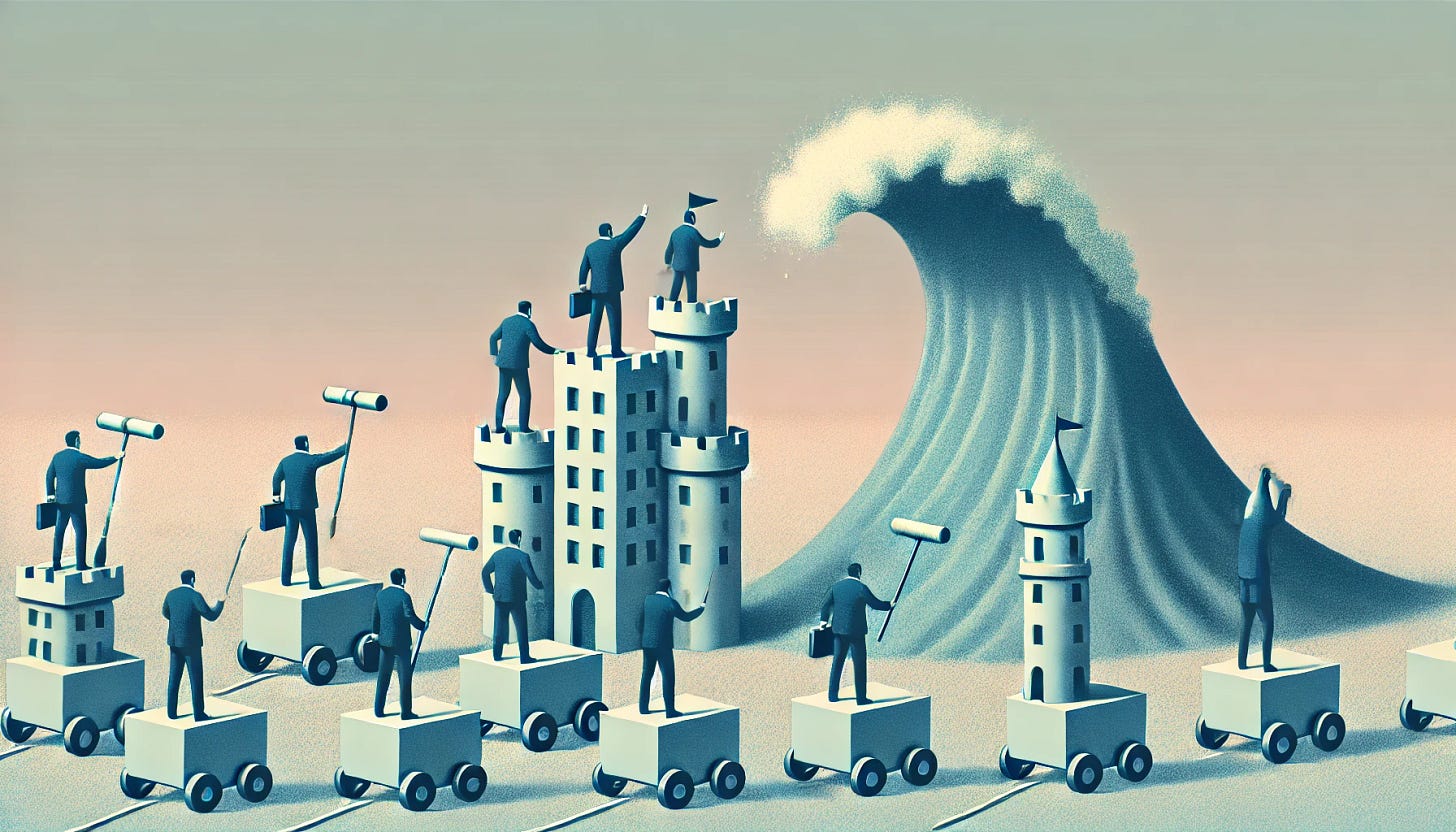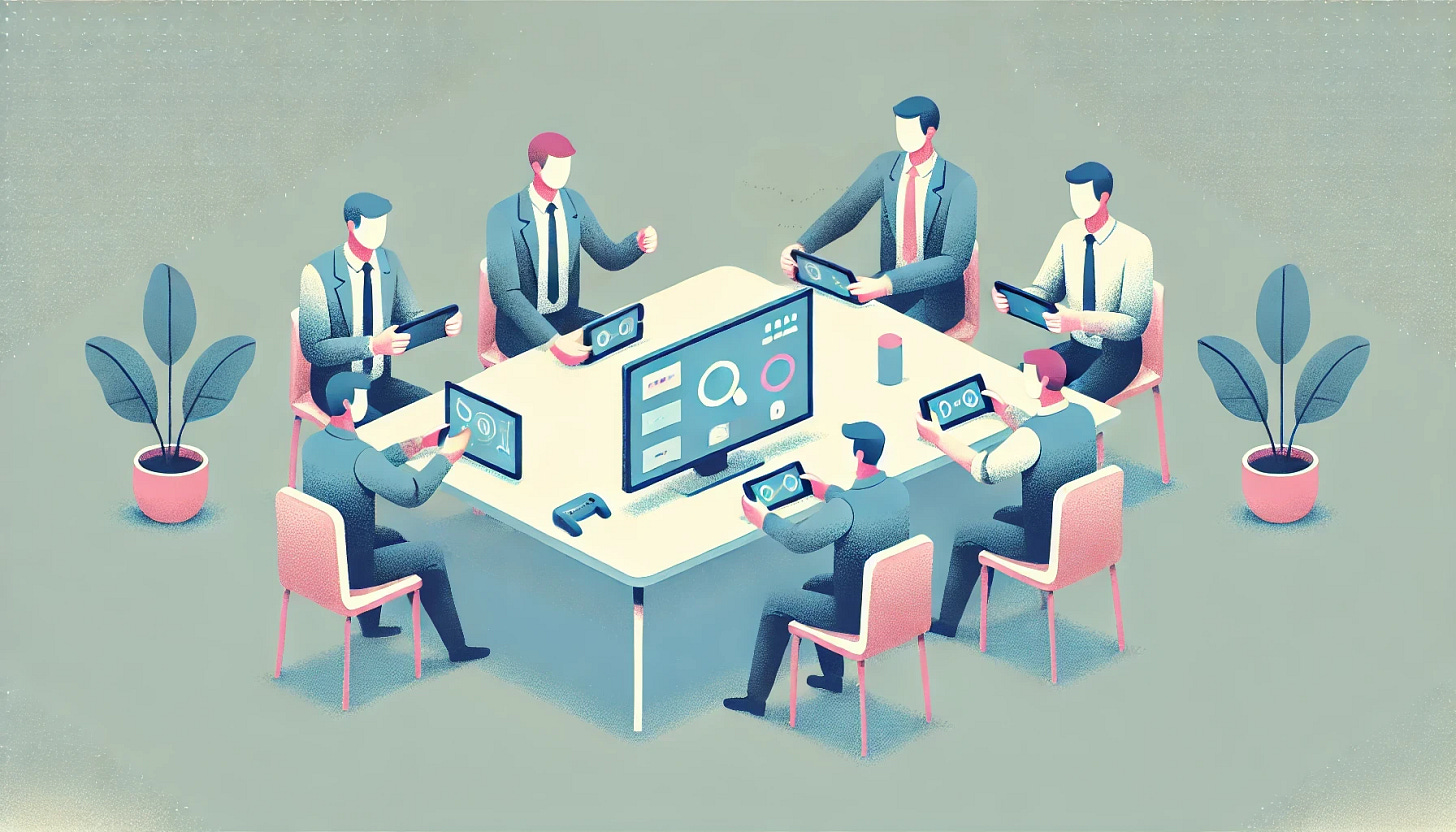Embracing Soft Skills as the New Meta in Training
Fundamental shifts in personal development, teamwork, and leadership
Failure.
That’s what happens to businesses and organizations when they fail to evolve, no matter what vertical they sit in.
Seems common sense.
So why do people acknowledge it and then seem stuck. Like they know the rules of the game have changed. But are unable to turn the switch off and on again.
No, don’t worry, I am not going to use the frog in boiling water metaphor; instead I will discuss the fact that your ability to change direction is based on your training; how you think, talk and act comes from how your habits have been formatted to deal with the context, culturally, socially, and individually.
I won’t beat around the bush:
Legacy training and education systems do not prepare you to work in teams, develop leadership skills, and solve problems, at scale. In the face of the mind-blowing headwinds we are experiencing from scientific, technical, digital, and social, disruptions, staying still is not an option, but looking at how leaders and organizations are adapting to these threats, you would think it was business as usual
.
Command and control hierarchies are inappropriate structures to deal with changes that move faster than the speed of light. Moreover, centralized headquarters run into major issues when decisions need to be taken on the ground at the point of contact. Long lines of communication, going up and down for clarification and assent, will hamper your ability to respond in real team. Yet, this is the training model and instinctive framework that people have to navigate in social groups, whatever the context. Wrapped into this model is also a fear of creating conflict or being associated with failure in any way at all; it’s the death knell for any career.
So classical training ensures that you don’t challenge the existing state of affairs, which is a major problem when the status quo is the problem itself. In the trade, this is known as learned incapacity; unbeknownst to you, you’ve adopted as a culture a framework that looks like you are doing stuff, all while simply standing still. It is like an illusion of creating momentum, while, actually, under the surface, all remains still.
There is a new meta in training, one that is known, recognized as being the fulcrum by which to navigate the 💩 that come at you.
Soft skills
I know, I know, they may not seem new, but trust me, this is:
The problem with this training model is that it requires a fundamentally different approach and perspective on personal development, teamwork, and leadership. It upends the principals of command and control; it is built around empowering people to work differently; not only that, but it’s about distributing responsibility across the organization, about fundamental moving towards a growth mindset
.
Please, please focus on that last part:
A growth mindset is the realization that soft skills deliver change, real, fundamental, behavioral change. Importantly, you don’t get these rewards unless you train. If you want innovation, lean startup, collaboration, self-organization, creativity, problem-solving at scale, risk taking, iterative prototyping, you need regular training that tests and builds people’s ability to do the above. No amount of slide decks and table role-plays will achieve these results. You need simulations and coaching, regularly, to map out your skills gap; you need to grow champions in your teams that act as the chief resources, evangelists, for this way of working.
Enthusiasm and motivation go a long way to kick-start projects like this.
Just as the old adage says: the fish rots from the head. Organizational failure can be traced to bad leadership, and, equally importantly, if you turn it around… well, you get the picture.
It’s no good just knowing stuff
You have to assimilate the real meaning and value of soft skills as a mechanism of growth. You have to live it, this new meta; one that is exciting because it means that you have to treat people with real respect, to engage them with purpose and meaning.
Think of that.
That’s a place I would want to work at, a place where imagination is the only limit to growth.
Bring it on!
DISCLAIMER: This article was written by a human.







